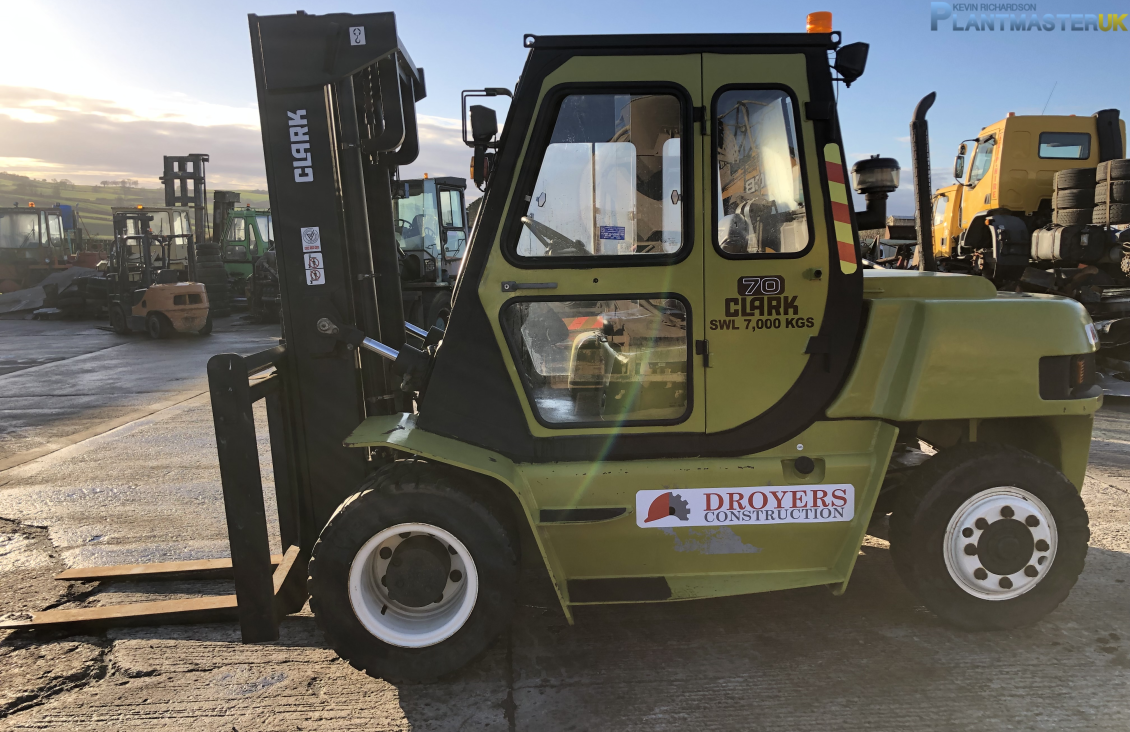What Training is Required to Operate a Forklift in the UK?

Introduction to Forklift Training in the UK
Operating a forklift in the UK requires specific training to ensure safety and compliance with regulations. This article delves into the necessary training for forklift operation, covering legal requirements, types of certifications, and the benefits of proper training.
Legal Requirements for Forklift Operators
In the UK, the Health and Safety at Work Act, along with the Provision and Use of Work Equipment Regulations (PUWER) and Lifting Operations and Lifting Equipment Regulations (LOLER), dictate the training standards for forklift operators. These laws emphasize the need for operators to have adequate training and qualifications.
Types of Forklift Certifications
Forklift training encompasses various types of forklifts, including counterbalance forklifts, reach trucks, pallet trucks, rough terrain forklifts, and telescopic handlers. Each type requires specific training to handle the equipment safely and efficiently.
Accredited Forklift Training Providers
Several organisations offer accredited forklift training in the UK, such as RTITB, ITSSAR, AITT, and NPORS. These providers ensure that the training meets national standards and adequately prepares operators for safe forklift operation.
Components of Forklift Training Courses
A comprehensive forklift training course includes theory training on safety and operation, practical hands-on instruction, health and safety awareness, and equipment maintenance. These components ensure a well-rounded understanding of forklift operation.
Forklift Training Course Duration and Content
Training courses vary based on the operator's experience, ranging from novice courses to refresher training and conversion courses for operators looking to certify on different types of forklifts.
Assessment and Certification Process
The assessment process typically includes a theoretical exam and a practical test to evaluate the operator's skills and knowledge. Successful candidates receive a certificate, valid for a specific period, requiring periodic renewal.
Specialized Forklift Training
Certain operations may require specialised training, such as handling hazardous materials, operating in cold storage, or working in high-rack warehouses. These specialised courses address the unique challenges and safety considerations of these environments.
Costs and Funding for Forklift Training
Training costs can vary, and there may be funding or grants available to help cover these expenses. Employers and individuals should explore these options to reduce the financial burden of forklift training.
Responsibilities of Employers and Employees
Both employers and employees have responsibilities regarding forklift training. Employers must ensure their operators are adequately trained, while employees need to undertake and complete the necessary training.
Advantages of Proper Forklift Training
Proper training benefits include increased safety, enhanced productivity, and compliance with legal requirements. Well-trained operators contribute to a safer working environment and more efficient operations.
Choosing the Right Forklift Training Provider
Selecting the right training provider is crucial. Key considerations include accreditation, course content, and the qualifications of the trainers. Researching and comparing providers can help ensure high-quality training.
Common Misconceptions about Forklift Training
There are many myths surrounding forklift training, such as the idea that a car driving license is sufficient to operate a forklift. This section dispels common misconceptions and clarifies the true requirements for forklift operation.
Career Opportunities for Certified Forklift Operators
Certified forklift operators have various career opportunities across different sectors, including warehousing, construction, and logistics. Certification can open doors to new job prospects and career advancement.
Continuing Education and Advanced Training
For those looking to advance their skills, there are options for continuing education and advanced training, including supervisor and manager courses, which can further career development.
Safety Tips for Forklift Operators
Safety is paramount in forklift operation. This section provides essential tips for daily inspections, safe operating practices, and maintaining a safe working environment.
The Impact of Technology on Forklift Training
Technological advancements, such as virtual reality and online courses, are transforming forklift training, making it more accessible and engaging for operators.
Forklift Operation in Different Environments
Forklifts are used in various environments, each with its own set of challenges. Understanding the specific requirements and safety considerations for industrial warehouses, construction sites, and ports is essential for safe operation.
